Elliot Page is one of 57 transgender adults to sign a letter to the Supreme Court, asking them to hear a case on Tennessee's gender-affirming care ban.
Page and the 56 others, including celebrities such as Nicole Maines and Lilly Wachowski, filed a brief with the nation's highest court last week imploring them to reject the state's restrictions on transgender healthcare for minors, first obtained by the Tennessean.
"Some [of us] were fortunate enough to be able to begin receiving this care as minors. For the majority, however, the barriers to accessing this care — due, fundamentally, to discrimination — were insurmountable until adulthood," the brief reads. "[Those] who received gender-affirming health care as minors describe it as crucial to their well-being and even survival. Many who started care after adolescence suffered as a result of the delay."
The state's ban was signed into law by Republican Gov. Bill Lee in March. It prohibits people under the age of 18 from accessing puberty blockers, hormones, and surgeries for the purpose of gender transition. Those already receiving treatment must end it by March 31, 2024.
Families with transgender children filed a lawsuit against the ban in April, which was later joined by the U.S. Department of Justice. The law was blocked by a federal judge just days before it was set to go into effect on July 1, but a federal appeals court reversed the decision in September.
The families petitioned the Supreme Court in November to allow a preliminary injunction that would prevent the law from being enforced until after the cases against it are settled. It marked the first petition to the country's highest legal authority on the issue of gender-affirming care.
In their letter, Page and the other signers asked the Supreme Court to uphold the injunction blocking the law. They detailed how accessing the treatment at a young age could have benefited many of them, and that the care has saved the lives of those who have received it in their youth.
"Early care relieved gender dysphoria and, for some, has even saved their lives," the brief continues. "The care banned by [the Tennessee laws] has alleviated the suffering of countless transgender people and has paved the way for them to live more fulfilling and joyful lives."






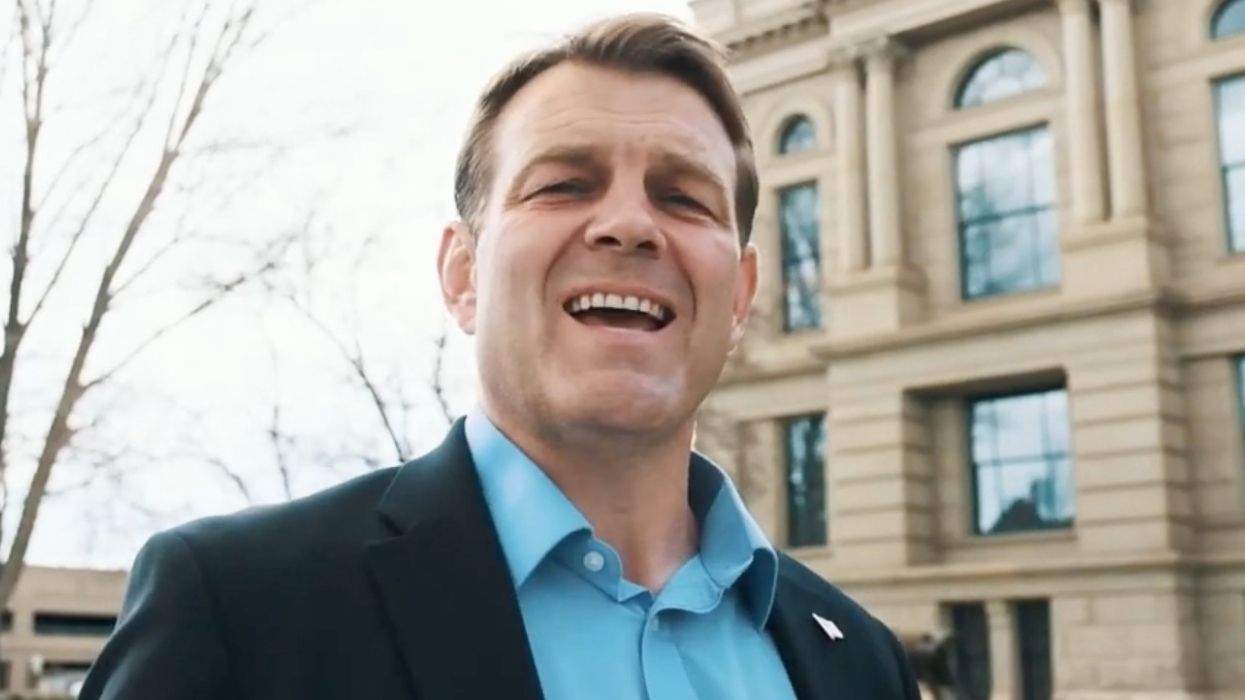
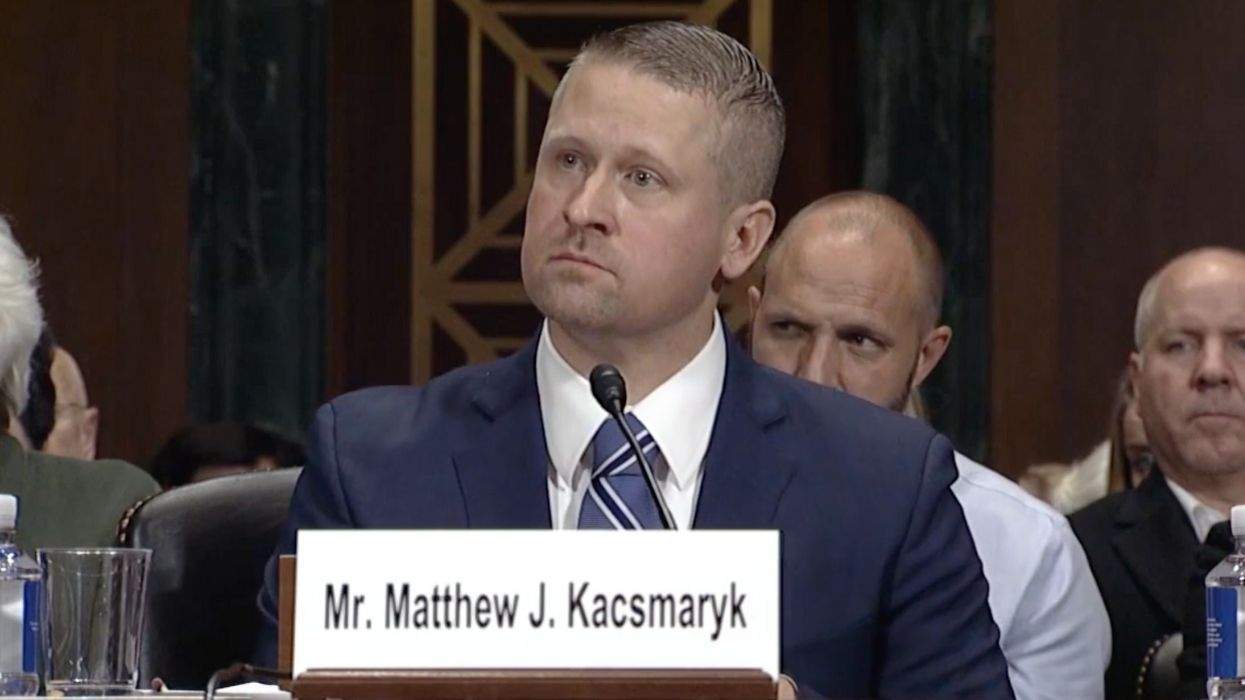
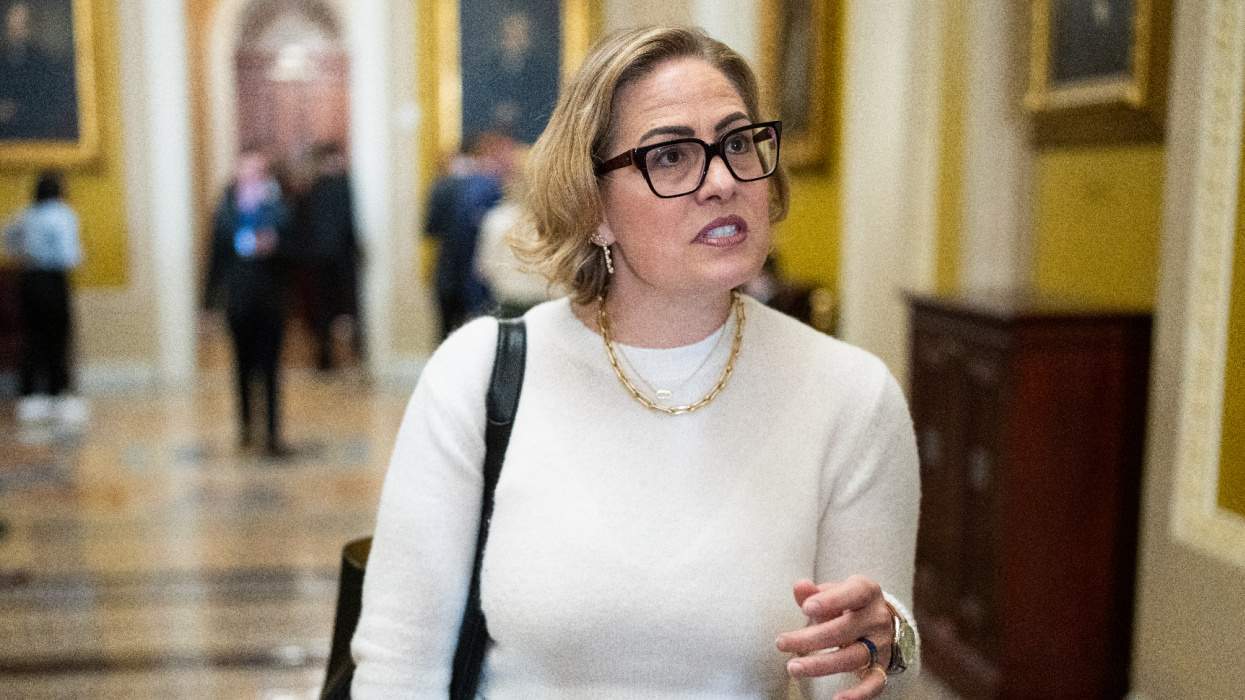
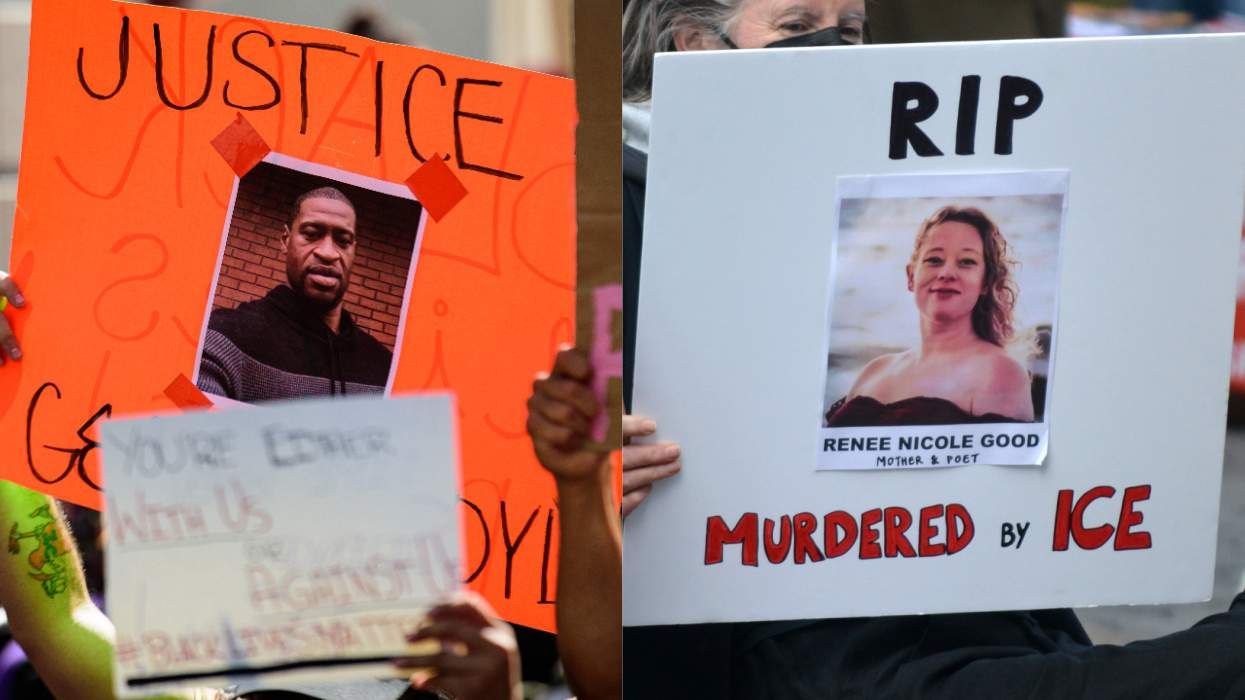
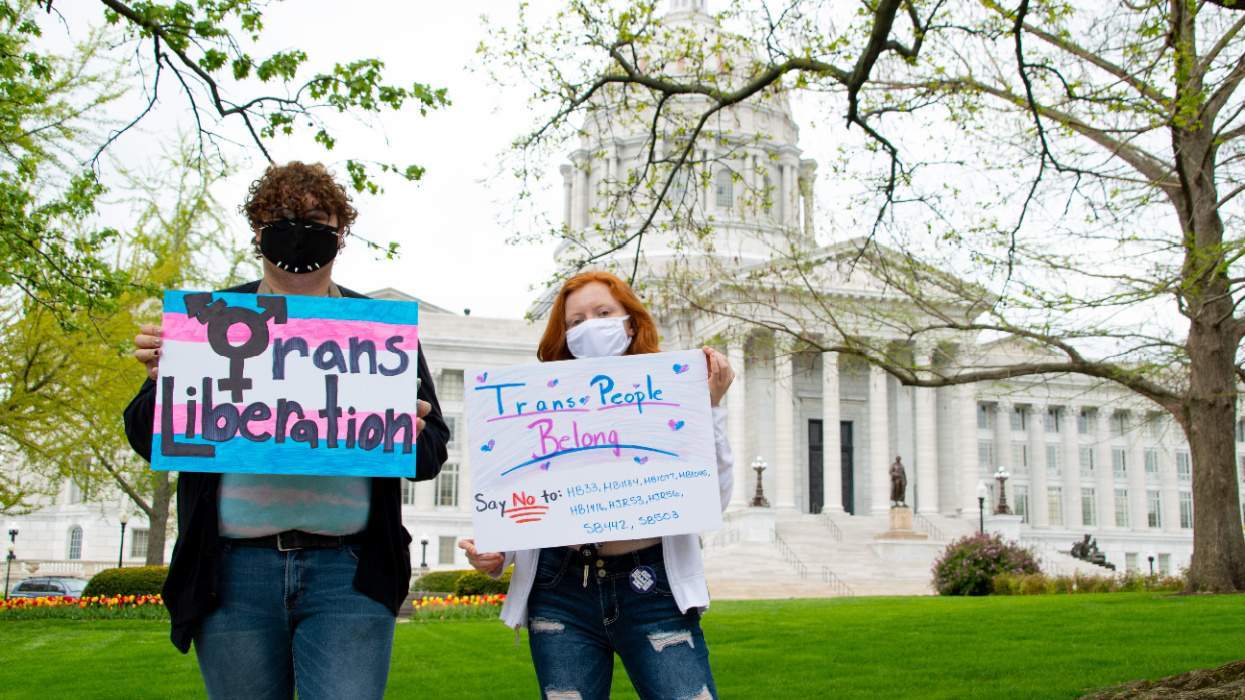





Charlie Kirk DID say stoning gay people was the 'perfect law' — and these other heinous quotes
These are some of his worst comments about LGBTQ+ people made by Charlie Kirk.